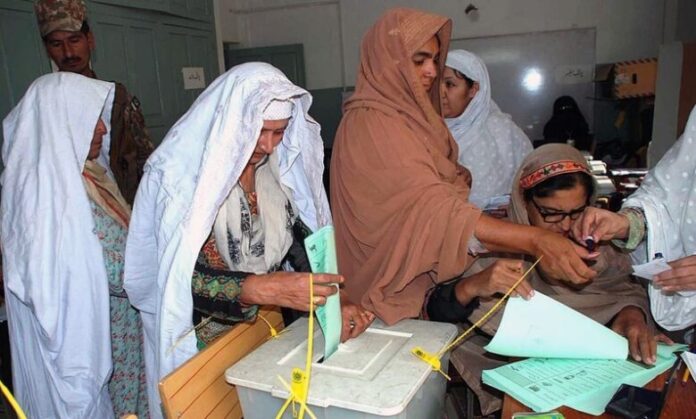
Like the rest of Pakistan, Charsadda residents are gearing up for the upcoming general elections on February 8. With a focus on vital issues, citizens are demanding the establishment of a medical and cadet college, improved health and education facilities, and economic empowerment for women.
Despite this, political candidates are criticized for their lack of confidence in addressing problems directly, resorting instead to mutual criticisms. Charsadda, known as a stronghold for major political parties ANP and QWP, is witnessing a heated competition between candidates, yet discussions on problem-solving are notably absent.
Haji Siddiqullah, the senior vice-chairman of the ‘Muttahida’ Shopkeepers Federation, highlighted issues such as inadequate healthcare facilities, insufficient transport infrastructure, and unfulfilled promises regarding road coverage. The lack of a medical and cadet college approved over 15 years ago, remains a significant concern.
Also Read: Youth Surge: Over 22 Million New Voters Gear Up for Pakistan’s 2024 Elections
Siddiqullah appealed to the prospective representatives to address these problems and alleviate the burden on the common people.
The women of Charsadda, constituting 45% of registered voters, express concerns about their economic challenges and societal norms limiting their opportunities.
Taj Meena, an advocate for women’s rights, emphasized the need for economic empowerment, education, and a change in societal attitudes. The existing laws empowering women are perceived as ineffective in practice, leading to challenges for widows and their children.
Safia Bibi, president of the Women’s Chamber in Charsadda, urged elected representatives to enforce harassment laws effectively and develop plans for women’s livelihood improvement at the village level.
Senior journalist Riaz-ul-Haque noted that political discourse often focuses on emotions rather than concrete plans. He highlighted the importance of political parties presenting clear manifestos and plans for future development, emphasizing that a focus on opponents rather than problem-solving contributes to divisive politics and stagnant issues.







